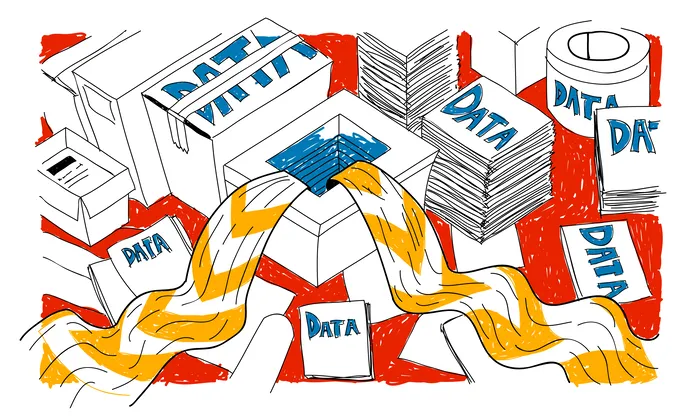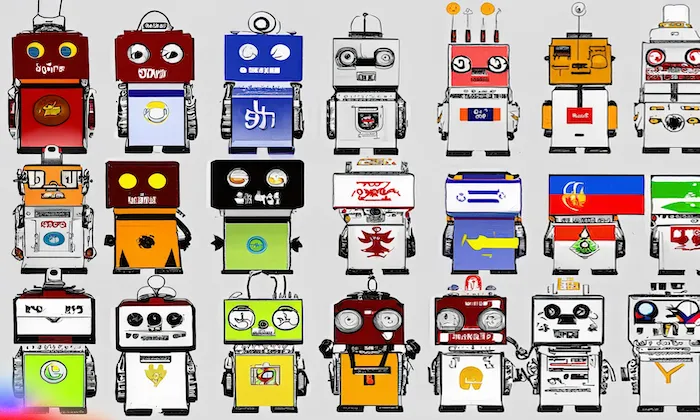How much domain diversity should a robust dictation dataset have?
Dataset Diversity
Speech Recognition
Speech AI
When developing medical dictation datasets, particularly those aimed at enhancing automatic speech recognition (ASR) systems, domain diversity plays a pivotal role. This diversity ensures that the datasets capture a broad spectrum of specialties, conditions, and linguistic variations, making models more effective and adaptable across various clinical contexts.
Understanding Domain Diversity
Domain diversity refers to the inclusion of varied medical specialties, a wide range of clinical cases, and linguistic features within a dataset. For example, datasets may encompass specialties like internal medicine, pediatrics, cardiology and psychiatry, each bringing its own terminology and dictation session structure.
Significance of Domain Diversity for Robust Model Performance
- Enhanced Model Generalization: Models trained on diverse datasets can better generalize across different clinical scenarios. This is crucial in medical dictation, where terminologies and expressions differ vastly across specialties. A robust dataset must include a variety of medical specialties to avoid models struggling with underrepresented areas.
- Improved Recognition Accuracy: ASR systems benefit from exposure to a wide range of accents, dialects, and speaking styles. Including speakers from various regions ensures the system can accurately transcribe dictations, enhancing clinical note accuracy.
- Real-World Applicability: Clinicians deal with diverse cases, from acute to chronic conditions. A dataset reflecting this complexity results in more effective training, leading to better performance in real-world applications like clinical decision support systems.
Key Strategies for Achieving Domain Diversity
- Broad Specialty Inclusion: Incorporate diverse specialties such as internal medicine, surgery, and psychiatry. Each has unique nuances, essential for capturing the full spectrum of clinical interactions.
- Case Variability: Include a variety of clinical cases — such as routine check-ups, post-operative notes, and telehealth consultations. This variety ensures models can adapt to different clinical settings.
- Linguistic and Accent Diversity: Aim for a balanced representation of accents and dialects, for instance, a 60/40 split between regional accents. This helps ASR systems handle linguistic variations found in diverse populations, including medical jargon and regional colloquialisms.
Common Pitfalls in Dataset Design
- Quantity Over Quality: While collecting extensive data may seem beneficial, maintaining high-quality recordings is far more crucial. Poor-quality data can undermine model performance.
- Neglecting Edge Cases: Excluding rare conditions or atypical presentations can limit a dataset’s adaptability and reduce model robustness.
- Ignoring Feedback: Continuous feedback from clinicians using ASR systems helps evaluate the dataset’s effectiveness and identify areas for refinement.
Real-World Impacts & Use Cases
Domain diversity directly shapes model performance across clinical domains such as telemedicine, radiology, and emergency care.
For instance:
- Cardiology dictations using terms like “ejection fraction” present distinct acoustic and linguistic challenges.
- Psychiatry dictations emphasize mental health evaluation and conversational tone.
By ensuring domain diversity, models can reliably interpret and process varied medical contexts, improving transcription fidelity and clinical decision support accuracy.
Conclusion
Domain diversity is essential for developing medical dictation datasets that enhance ASR system capabilities. By including a wide range of specialties, case variations, and linguistic features, teams can create datasets that significantly improve clinical note accuracy and model generalization.
As healthcare evolves, maintaining domain diversity will remain key to meeting the dynamic needs of clinicians and patients.
By integrating these strategies, FutureBeeAI helps organizations create datasets that drive accurate and effective medical ASR systems. For projects requiring domain-specific diversity, FutureBeeAI offers scalable solutions to meet your data needs efficiently, including speech data collection and speech annotation. Its speech contributor platform ensures diverse speaker sourcing to enhance dataset quality
FAQs
Q. How can teams ensure a diverse range of specialties in their datasets?
A. Collaborate with a network of healthcare professionals across various fields to recruit clinicians for dictation samples, ensuring a wide range of specialties is represented.
Q. What are the implications of not including diverse accents in a dictation dataset?
A. Without diverse accents, ASR systems may struggle with transcription accuracy, leading to potential miscommunication in clinical settings due to unrecognized speech patterns.
What Else Do People Ask?
Related AI Articles
Browse Matching Datasets
Acquiring high-quality AI datasets has never been easier!!!
Get in touch with our AI data expert now!








